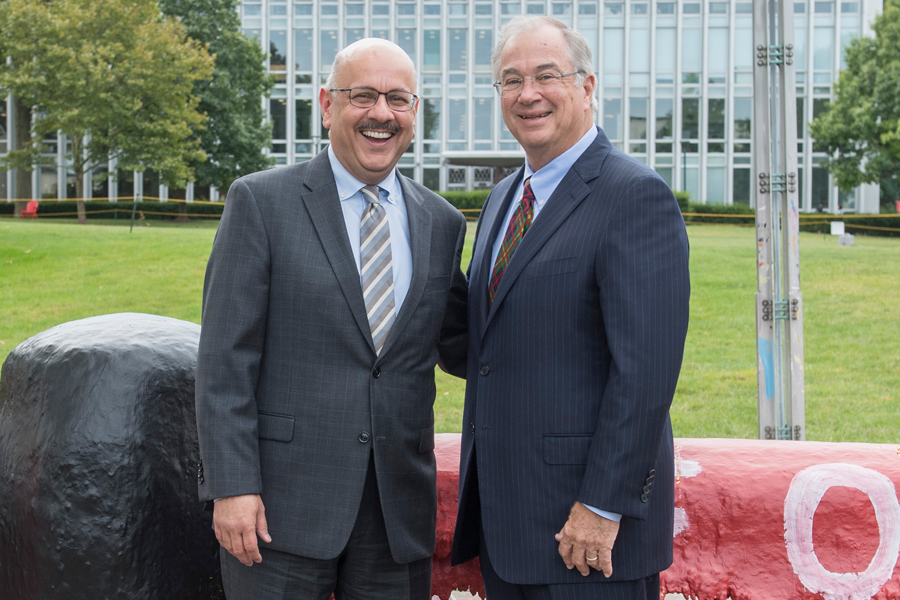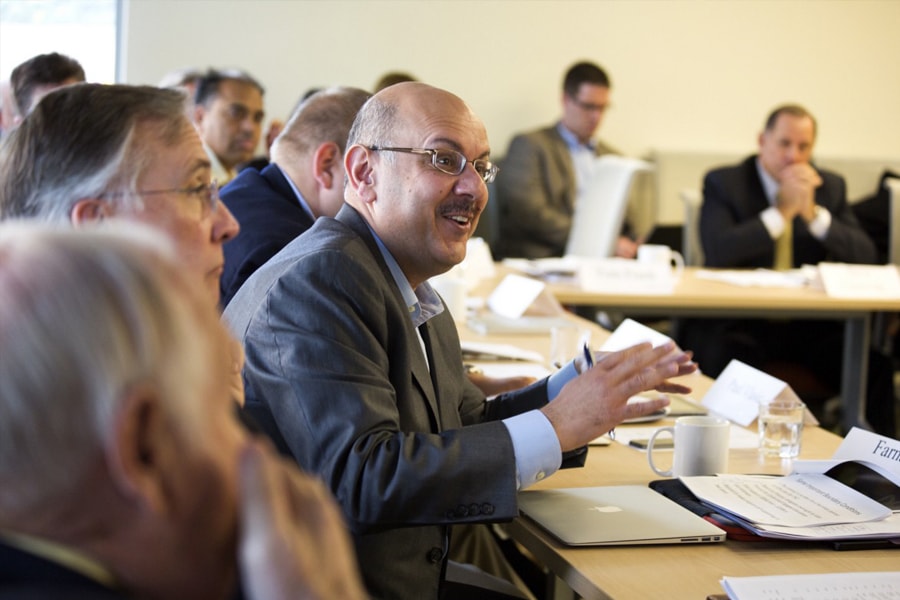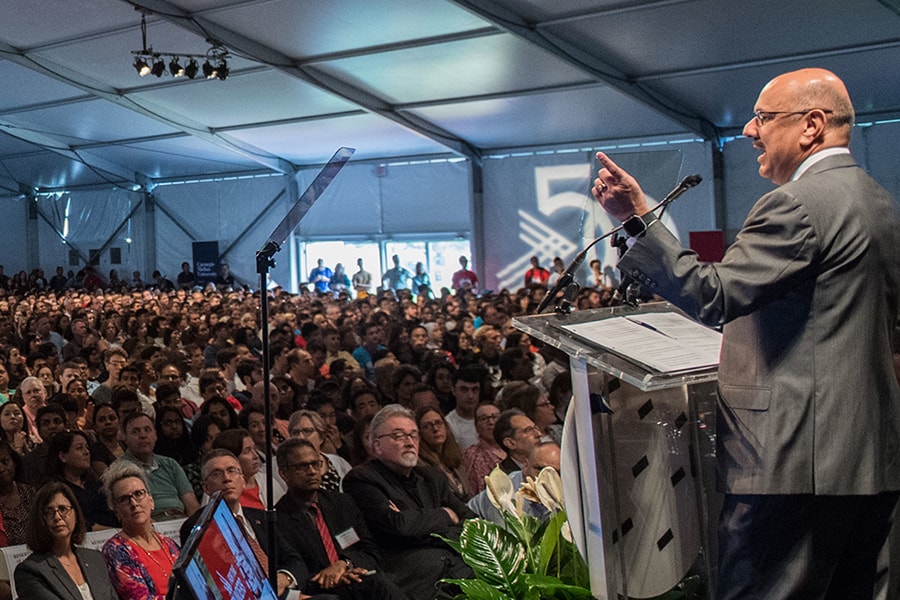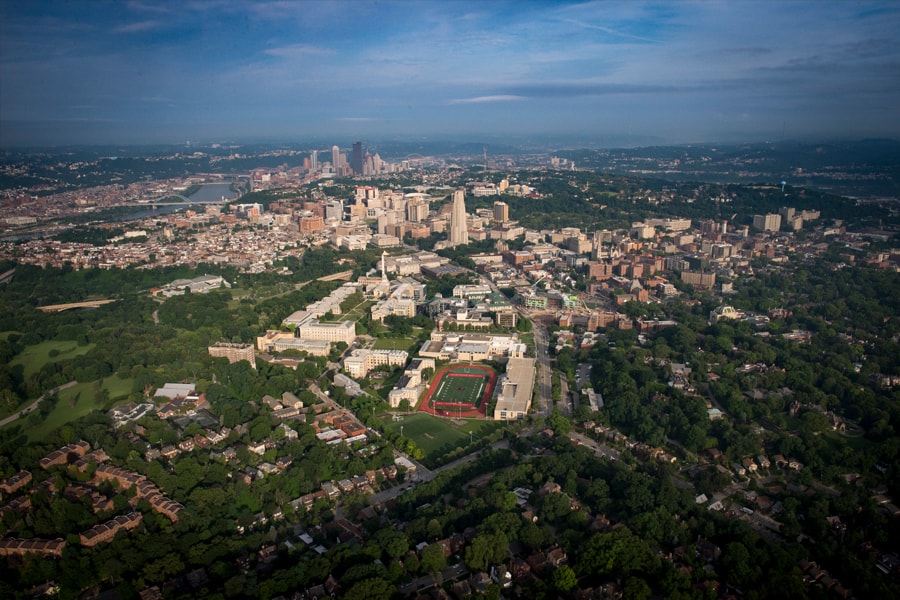
Inauguration Day Symposium Puts Spotlight on CMU's Expertise, Influence
Inauguration Day will celebrate Carnegie Mellon University's new president, Farnam Jahanian, his strategic vision for the university's future, and the expertise of its faculty and researchers, who will help make that vision become a reality.
Following the investiture ceremony in which President Jahanian will be formally installed as CMU's 10th president, a two-part symposium will feature 10 distinguished professors from across the university, who will discuss their innovative work and its power to enhance lives. The event will serve as a celebration of Carnegie Mellon's impact in Pittsburgh, the region and the world.
Pittsburgh as a Living Lab
1:30 - 2:30 p.m.
Simmons Auditorium, Tepper Building
This session, hosted by Marsha Lovett, will focus on Carnegie Mellon's role as a creator, partner and promoter of progress for Pittsburgh and the surrounding region.
Participants and their topics are:
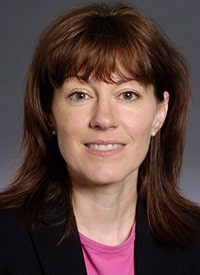 Marsha Lovett, associate vice provost for Educational Innovation and Learning Analytics, director of the Eberly Center for Teaching Excellence & Educational Innovation, and a teaching professor of psychology, will discuss CMU's long tradition of learning science research excellence. "At CMU we are encouraging faculty who innovate in their teaching to rigorously study what worked, what didn't, and then iterate based on the data. In essence, the classroom becomes an educator's 'living lab,'" she said. Lovett said the Eberly Center has two "instrumented classrooms" that are actual "teaching and learning laboratories" providing instructors with data on their teaching and students' learning. Lovett also is a co-coordinator of CMU's Simon Initiative, a cross-disciplinary, university-wide effort to improve student learning outcomes.
Marsha Lovett, associate vice provost for Educational Innovation and Learning Analytics, director of the Eberly Center for Teaching Excellence & Educational Innovation, and a teaching professor of psychology, will discuss CMU's long tradition of learning science research excellence. "At CMU we are encouraging faculty who innovate in their teaching to rigorously study what worked, what didn't, and then iterate based on the data. In essence, the classroom becomes an educator's 'living lab,'" she said. Lovett said the Eberly Center has two "instrumented classrooms" that are actual "teaching and learning laboratories" providing instructors with data on their teaching and students' learning. Lovett also is a co-coordinator of CMU's Simon Initiative, a cross-disciplinary, university-wide effort to improve student learning outcomes.
Illah Nourbakhsh, professor of computer science and head of the CREATE Lab (Community Robotics, Education and Technology Empowerment), will address how his lab is developing technology to empower communities and individuals to improve their lives. For example, the lab's Smell PGH app helps Pittsburgh area residents report foul odors and suspicious smells that waft through city neighborhoods and suburbs. Its Breathe Cam keeps a constant watch on air quality over Pittsburgh, providing citizens with a new interactive tool for monitoring and documenting visual air pollution. "The university's role as a research to practice center can really empower subcommunities throughout society to make the world better," he said.
Mary-Lou Arscott, studio professor and associate head of the School of Architecture, works with communities to collaboratively address and solve social problems. Through insight and observation, she engages with communities to become part of their ecosystem, enabling the development of a holistic approach for improvement. An example of her work was the Latham Street Commons project, which worked to enhance the health and wellbeing of people living in Pittsburgh’s Garfield and Friendship neighborhoods. The project created a rooftop garden and a gathering place for community camaraderie.
Anthony Rowe, associate professor of electrical and computer engineering, will focus his remarks on using networked, real-time embedded systems for sensing and control applications in Pittsburgh. Rowe, who designs and builds sensing and control systems, says their potential can revolutionize a wide range of areas, from transportation and critical infrastructure monitoring to smart buildings and microgrids. One of his core focus areas is on precise timing and navigation to support localization in GPS-denied environments, like inside buildings.
Wesley Pegden, associate professor of mathematical sciences, uses mathematics and computer science to address gerrymandering, a process in which a dominant political party draws districts to maximize its electoral advantage. Pegden co-developed a protocol with CMU's Ariel Procaccia, associate professor of computer science, called "I Cut You Freeze," which would minimize the practice of gerrymandering. The CMU protocol is the first to allow a fair division of a state into political districts without independent agents.
A Living Lab for Global Impact
2:45 - 3:45 p.m.
Simmons Auditorium, Tepper Building
This session, hosted by Sarah Mendelson, will highlight Carnegie Mellon's impact geographically and conceptually.
Participants and their topics are:
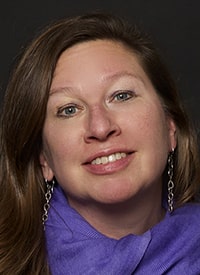 Sarah Mendelson, distinguished service professor of public policy and head of Heinz College in Washington, D.C., will address Heinz College's Cohort 2030 Initiative. In collaboration with the International Youth Foundation and the Rockefeller Foundation, the initiative seeks to grow the generation that demands and delivers the Sustainable Development Goals. Adopted three years ago by the international community and informed by millions of citizens around the world, the SDGs run through 2030 and commit countries and communities to devote resources and take action to end poverty, advance gender equality, work for peace and justice, and deal effectively with climate change, among many other goals. "This agenda applies to all of us and is a great framework for the work that goes on at CMU," she said.
Sarah Mendelson, distinguished service professor of public policy and head of Heinz College in Washington, D.C., will address Heinz College's Cohort 2030 Initiative. In collaboration with the International Youth Foundation and the Rockefeller Foundation, the initiative seeks to grow the generation that demands and delivers the Sustainable Development Goals. Adopted three years ago by the international community and informed by millions of citizens around the world, the SDGs run through 2030 and commit countries and communities to devote resources and take action to end poverty, advance gender equality, work for peace and justice, and deal effectively with climate change, among many other goals. "This agenda applies to all of us and is a great framework for the work that goes on at CMU," she said.
Jay Apt, professor in the Tepper School of Business and College of Engineering, is co-director of Carnegie Mellon's Electricity Industry Center, which, according to Apt, hosts "the largest interdisciplinary group in the world studying issues that will shape the future of the electric power industry." Apt says the power system of the future will contain more wind and solar power, but there still will be a good amount of natural gas generation. He also will touch on batteries and self-generation for organizations like CMU, and the benefits of plug-in cars, like his own Chevy Volt.
Jay Aronson, professor of science, technology and society, is the founding director of the Center for Human Rights Science at Carnegie Mellon, which brings together scientists and human rights practitioners committed to rigorously assessing the state of human rights around the world. Aronson said he will discuss his goal of "leveling the technological playing field between government, the military, and corporate actors and the human rights community" to support honesty and accountability in regard to human rights violations.
Martial Hebert is director of Carnegie Mellon's Robotics Institute, the world's largest robotics education and research institution. An expert in computer vision and robotics, Hebert will talk about human-centered approaches to robotics and building robots that interact with, and understand, people. He has played key roles in high-profile projects such as NavLab, a pioneering program for self-driving vehicles, and in leading the development of perception capabilities for personal care robots.
Anita Woolley, associate professor of organizational behavior and theory, is an expert in collective intelligence in teams and organizations. Woolley said teams with high levels of collective intelligence include individuals who are highly socially perceptive, and that a high level of verbal communication is equally distributed among members. She will talk about her work using technology to help teams operate this way. "How can we use machine intelligence to facilitate these qualities in teams?" she asked.
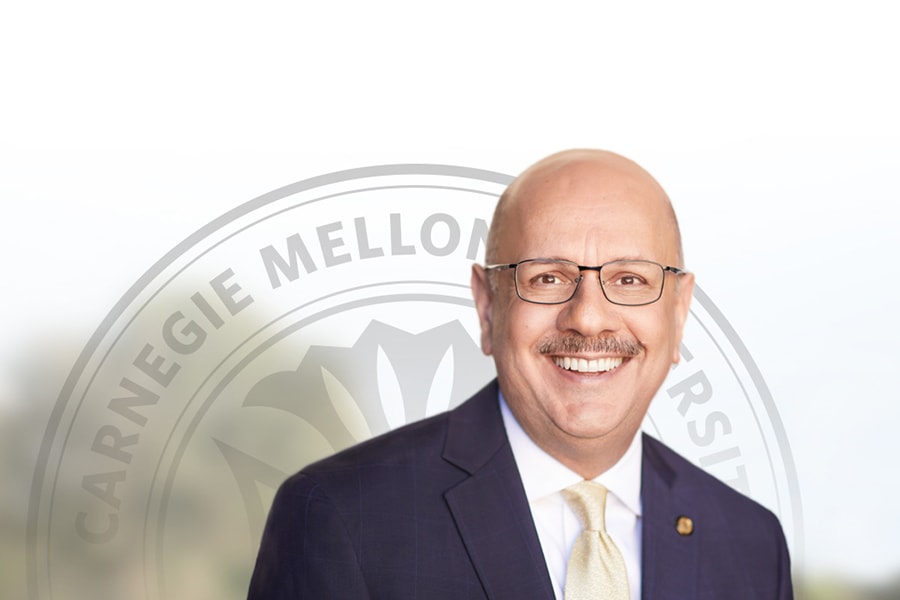
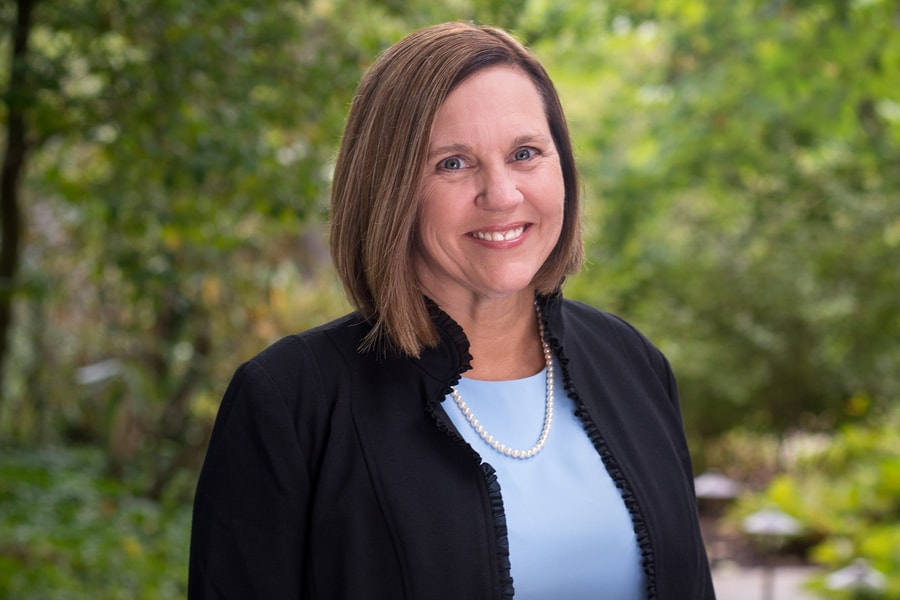
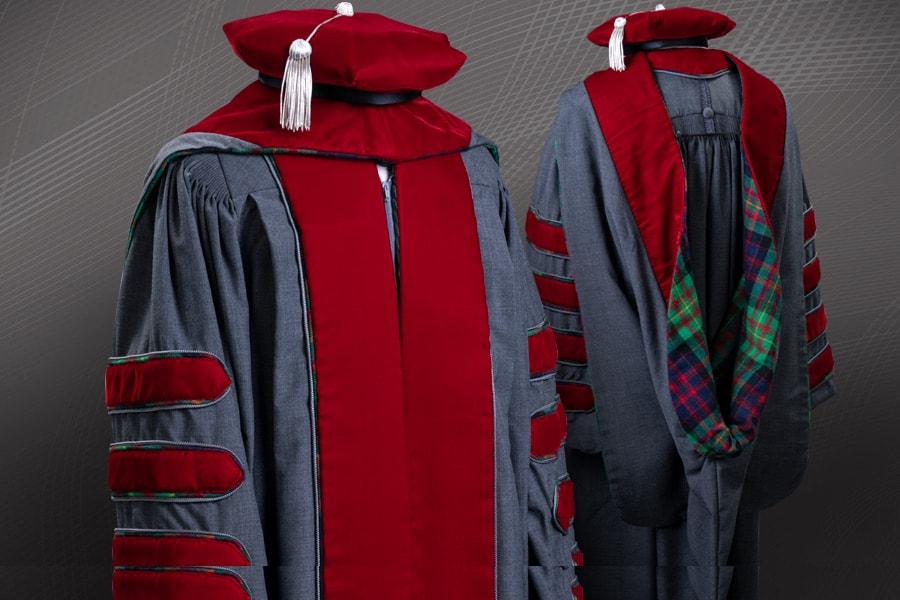 Best
Best 
